Teach your students to read short a words with a daily digital phonics instructional slide deck.
Ready-Made Phonics Instructional Lessons
We’ve heard you loud and clear. Teachers are strapped for time in the classroom and even more so for the time at home with family. We are dedicated to giving you back some of that precious time by prepping and providing resources that are ready to pick up and run, without requiring massive amounts of preparation. Beginning with our Learn to Read resources.
The Learn to Read Short A – Phonics for Kids instructional slide deck is the first in a series of instructional slide presentations that encompass everything you need to teach phonics. This edition focuses on the sound of short a and its accompanying CVC word families.
The download includes 4 daily runs of skill practice, followed by a single day of review and additional word mapping practice. The sequence for use is as follows:
- Day One – Students will learn the short a sound, then move through a series of timed slides with automated letter tiles to sound out and blend words in the -at word family. Students will then take turns reading words in the -at family in isolation and in context. This practice is followed by an interactive word mapping exercise where students will say, tap, count, and map the sounds in this word
- Day Two- The procedure is the same as above while focusing on the -an word family.
- Day Three – The procedure is the same as above, focusing on the -ap word family.
- Day Four – The procedure is the same, focusing on the -ad family.
- Day Five is a review of all word families introduced in the first four days of instruction, followed by an extended 10-word word mapping exercise.
This resource includes 4 days of lessons to practice sounding out, blending, decoding phrases and sentences, and word mapping practice. The full week’s worth of phonics instruction spans 184 slides with directions, 4-word family presentations, and 1 review presentation with 10 words to practice blending and 10 words for word building.
Through this activity, students will show the ability to sound out, blend, decode, and map CVC words using the short a sound.
Tips for Differentiation + Scaffolding
A team of dedicated, experienced educators created this resource to support your Phonics lessons.
Use this instructional slide deck to enhance learning through whole-class lessons or remote learning assignments.
If you have a mixture of above and below-level learners and ELL/ESL students, we have a few suggestions for keeping students on track with these concepts:
🧑🏫 Group Learning
This resource is the perfect tool for your daily whole-group Phonics lessons. All you need to do is project the slides onto a screen and work through them as a class. Each day is meant to be a complete lesson; however, you may need to modify it for your class by breaking it into smaller portions.
Plan lessons for all ability levels with our 10 Best Scaffolding Strategies!
Easily Prepare This Resource for Your Students
Use the dropdown icon on the Download button to choose between the PowerPoint, Google Slides, or PDF versions of this resource.
Prior to use, please read all directions thoroughly. The majority of the slides are presented in slide show/presentation mode. Word mapping exercises will need to be completed in Edit mode and are grouped each day to prevent jumping between presentation modes.
This resource was created by Samantha Rose, a teacher in Florida and a Teach Starter collaborator.
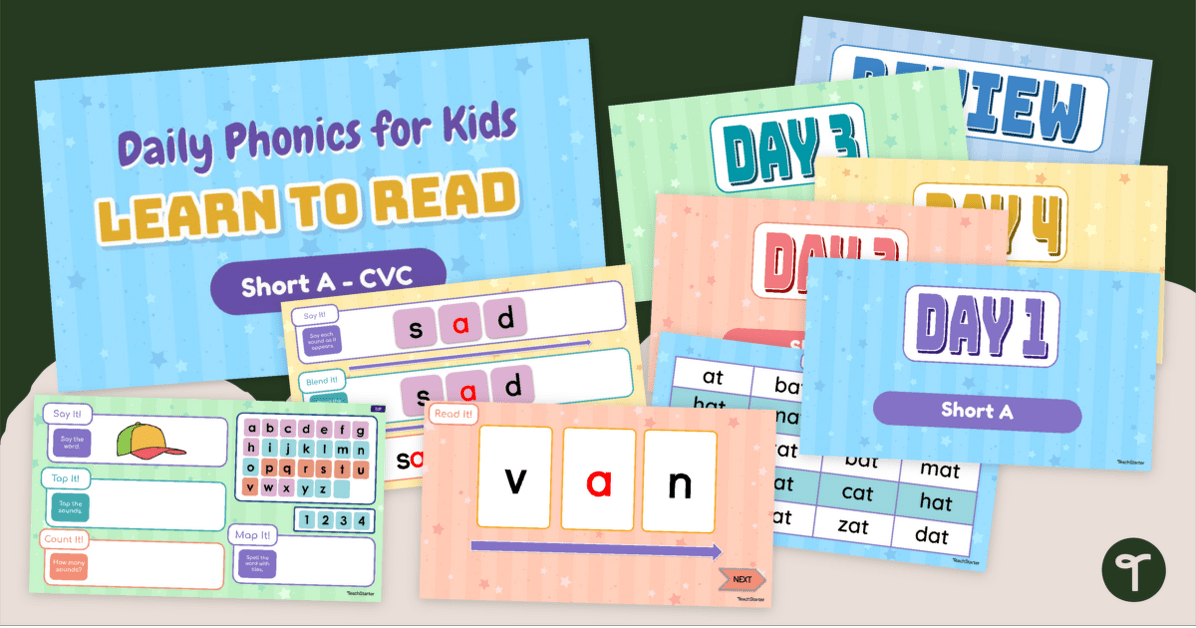

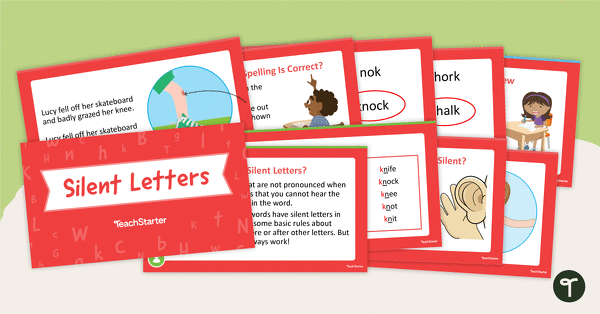
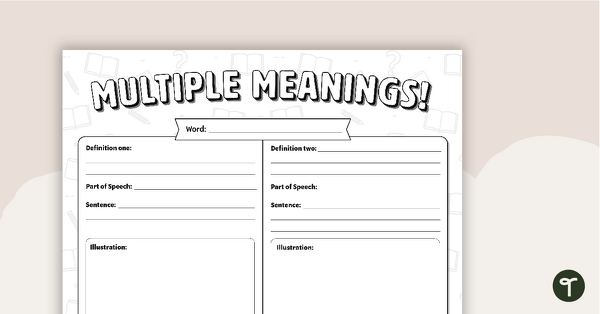
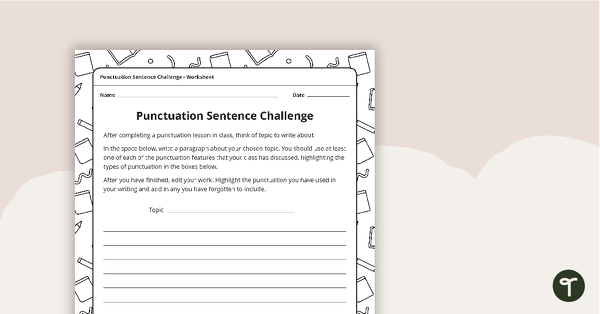
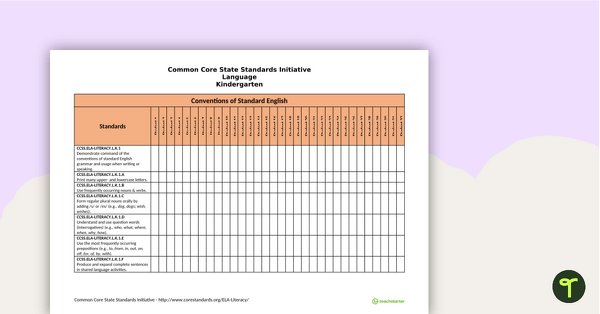
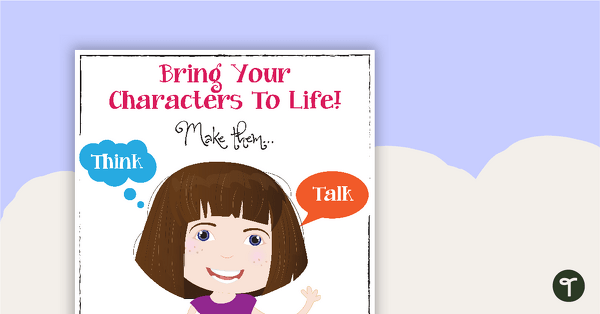
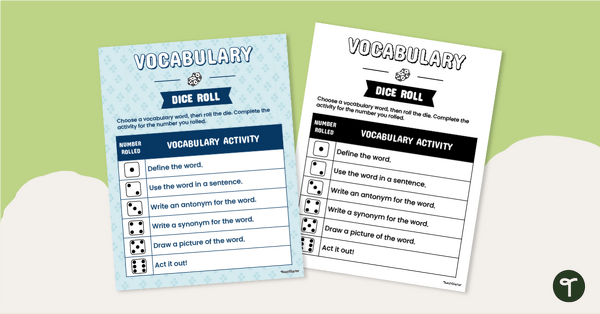
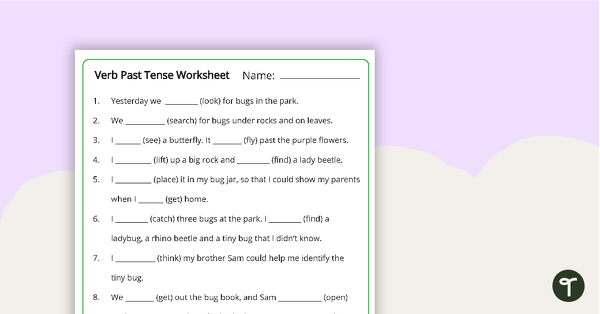
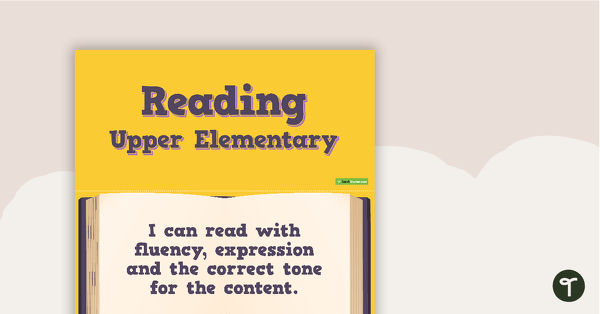
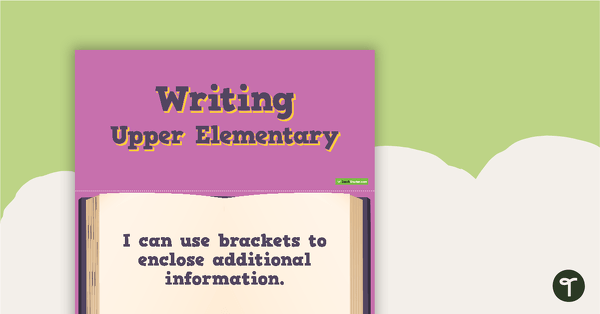
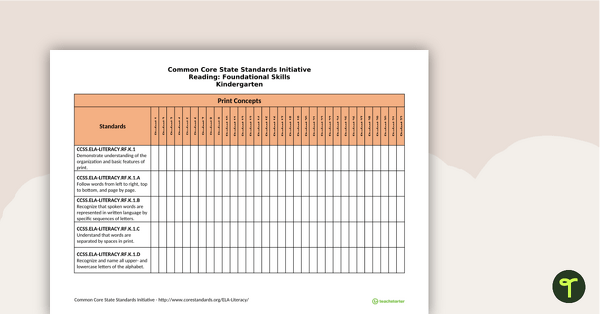
2 Comments
Write a review to help other teachers and parents like yourself. If you'd like to request a change to this resource, or report an error, select the corresponding tab above.
No comments yet.